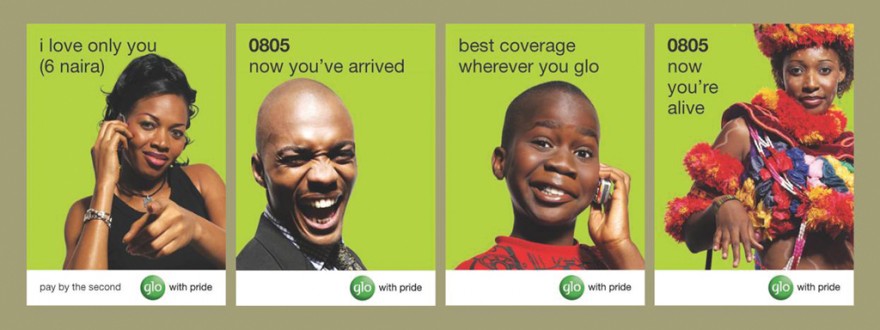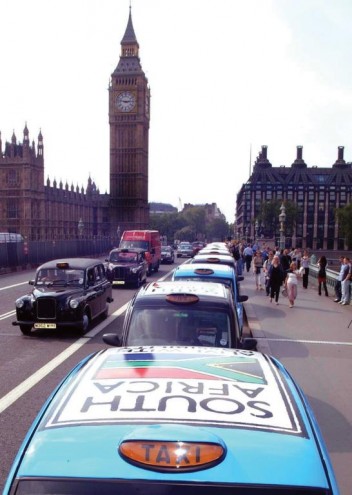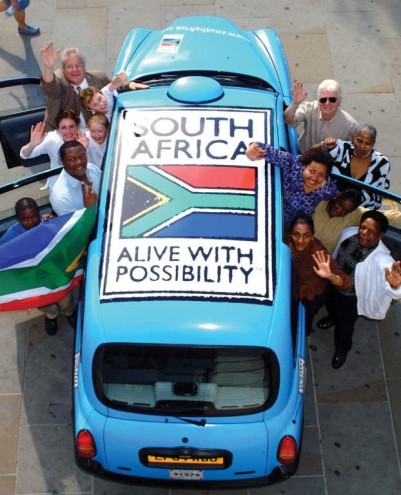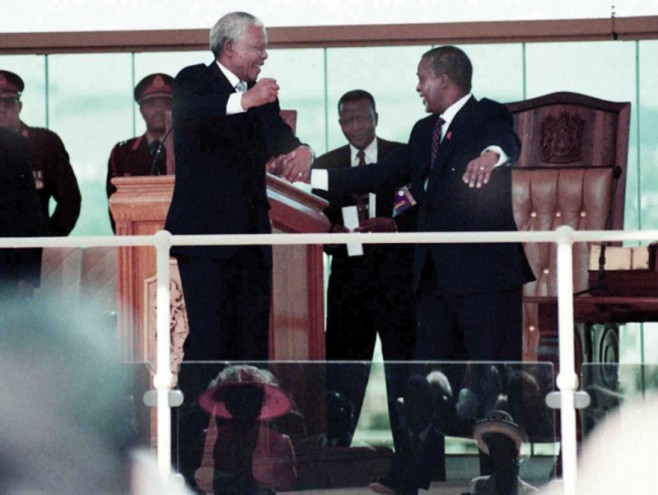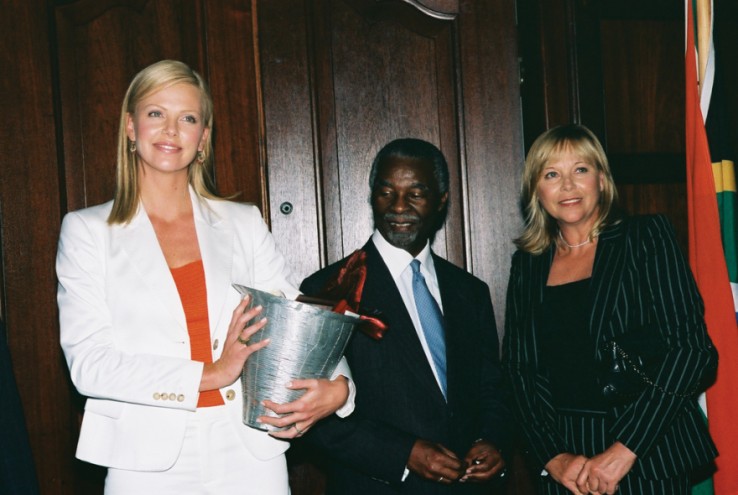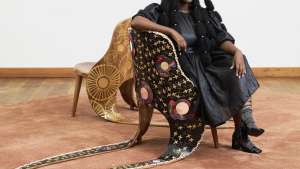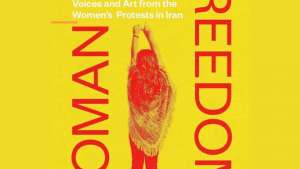First Published in
Perception is reality. In Africa's case that reality has been infused with images of starving children, civil wars, corruption, poverty and disease - not exactly the kind of images that stimulate foreign investment and tourism. Despite Africa's profound challenges, these images are not telling the whole story.
African markets are growing exponentially. As cited in the US African Growth and Opportunity Act Competitiveness report (July 2005), several sectors represent excellent investment opportunities for production and export expansion. These include: agriculture; tourism and transportation services; minerals and metals; energy-related products; and light manufacturing, to name a few.
That's the reality. What Africa needs now is to change the way the rest of the world views her, especially if she's to receive her share of the billions of dollars flowing around the globe in the form of foreign investment, tourism and outsourced contracts.
It's simple marketing really. The idea is not to deny the challenges Africa faces, but while the reality is being altered, it's important for the continent to talk loudly about what it has in its favour. This will require a concerted effort by all of the continent's 54 countries.
A picture is worth a thousand words
One of the first points of contact with a nation is its coat of arms and flag. For many African countries these key brand elements are still steeped in the symbols of revolution - the Mozambican flag sports an AK-47, and Angola's, another weapon. Even the colour red is often said to denote the bloodshed of past revolutions.
Although these elements represent historical turning points, many of these countries have moved far beyond these moments in time and must communicate this advancement. They need to evolve their coats of arms and flags where applicable, and move away from the images and symbols of struggle.
Changing perceptions is no easy task. The world is accustomed to seeing Africa as a helpless and hopeless place with few and limited opportunities. South Africa has embarked on a strategy to change these perceptions that has worked to great effect. And several countries, including Botswana, Kenya, Tanzania and Nigeria, have since followed suit, the outcome of which is slowly being felt. But it is up to each to contribute towards the collective result; for those countries that do not work on their brands risk being stuck with the desperate, old images of Africa.
Ch ch ch changes
Change often happens in fits and starts. And so it can be when working on the brand of a country. Some of the first changes made may appear cosmetic, but that's purely because of their position in relation to the outside world.
A good first step is to identify all the so-called brand touchpoints - all the places and moments that people can possibly experience the brand. Beyond national symbols, from country and other official websites, foreign direct investment and tourism marketing materials, to export products and trade shows, there are many opportunities for the brand to be built or destroyed in people's minds.
Indeed, South Africa's efforts to change the way the world sees it can be an example for other African nations. The country has gone from being viewed as a pariah state just a few years ago, to being an accepted international player from which great things are hoped.
The Brand SA and Proudly SA campaigns have gone a long way towards ensuring that this positive image of South Africa is transmitted at these touchpoints. But it's amazing how one man, such as Nelson Mandela, as a spokesman for South Africa, has helped to transform the national brand. Sports teams, such as the national rugby and cricket sides, both of whom have recently been awarded Superbrand status, also have the power to change people's perceptions. And then there's our very own Benoni bombshell, actress Charlize Theron, who's done much for SA's image on the international stage.
Equally powerful with regards to its influence on the brand image is business. Just think of the power to shape the American brand in people's minds, of the sweeping golden arches of McDonald's and that great red coloniser Coca-Cola. Consider also the force of Made in China, a little phrase that describes a do-it-all attitude, but which doesn't necessarily inspire much confidence in the products.
Products and businesses can be real ambassadors, and therefore it's vital that African brands such as Stanbic Bank, Vodacom, Glo, Celtel and Sasol fly their respective flags high.
Just recently, Globacom (Glo), the Nigerian cellular giant, took out a full page advertisement in the European edition of Time magazine, perhaps one of the first signs of its aspirations towards the international market. Glo, with its Naija Bam Bam (Nigeria is great) campaign, which taps directly into the national pride, can be credited for helping to build the Nigerian brand in the region. Glo projects a singularly positive image of the country, one of the first loud voices to oppose negative perceptions of Nigerians. The difficulty in building a brand is the trouble one has maintaining it when all its ambassadors are not pulling their weight. Building great brand ambassadors is something that takes time. From childhood, young Americans are taught to be proud of their country, and the result is that although all Americans are not equally good ambassadors for their country, most love it, desire to live there and are hopeful regarding its future - something that cannot be said of for all Africans.
This kind of national and continental pride must be instilled in all Africans, particularly those millions abroad who form part of the diaspora. Just think of the powerful effects that one positive word regarding Africa from each person everyday would have - these are the makings of one powerful brand.
About the author
Sean McCoy is director of Harwood Kirsten Leigh McCoy (HKLM), an entrepreneurial and dynamic leader in the strategic branding, design and brand activation arena. HKLM has offices in Johannesburg, Cape Town, Lagos, Bremen and Dubai. To engage in some New Brand Thinking™, visit www.hklm.co.za.

